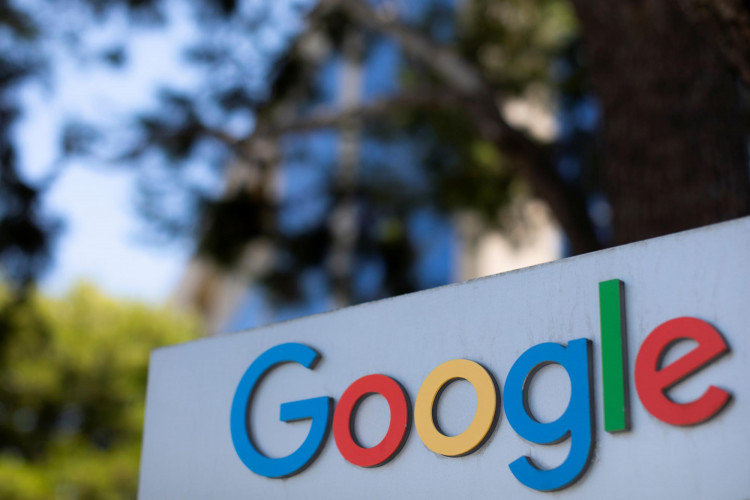Europe is increasingly tightening its regulation of tech giants. On Wednesday, June 14, the European Union initiated antitrust charges against Google, alleging that Google exploited its dominant position in advertising technology to suppress competition. The indictment strikes at the core of the American company's revenue model and could force Google to separate its lucrative advertising business.
Margrethe Vestager, the EU's competition commissioner, indicated that Google has been favoring its own advertising trading program over those of its rivals, bolstering its pivotal role in the ad tech supply chain and its capacity to charge high service fees. During a press conference, she said that Google might be forced to divest parts of its ad sales services if the EU Commission finds it guilty of illicit activities.
The presence of Google is evident at almost all levels of the so-called ad tech supply chain. The preliminary concern is that Google may have used its market position to favor its own ad services.
Importantly, the EU Commission stated that even future demands for Google to undertake remedial action might not be sufficient to correct the abuse, indicating that the commission could demand Google to separate its ad business from its core services. The commission expressed their initial view that only by forcing Google to divest part of its services can competition concerns be fully resolved.
This move could be a significant blow to Google. Data from research company Insider Intelligence shows that Google is the world's most dominant digital advertising platform, accounting for 28% of global ad revenue. Advertising is the cash cow for Google, contributing about 80% of its income last year, amounting to $224.5 billion.
Insiders claim that this new charge is the most significant antitrust action in the EU Commission's current five-year term.
These charges follow three previous cases in which the EU accused Google of abusing its monopoly over its mobile operating system, search business, and display ad business, levying fines exceeding 8 billion euros since 2017.
Google continues to refute the latest EU allegations, issuing a statement against the EU Commission's charges. On Wednesday, the EU's antitrust agency called on Google to propose solutions.
Three months after the EU launched its investigation, insiders say that Google sought to reach a settlement with the EU Commission. However, during the negotiations, Google made few concessions, all of which were preliminary compromises, causing the EU Commission to lose patience with the settlement.
On Wednesday, Google's stock price fell at the open, dropping nearly 2% at one point, and then the decline narrowed.






